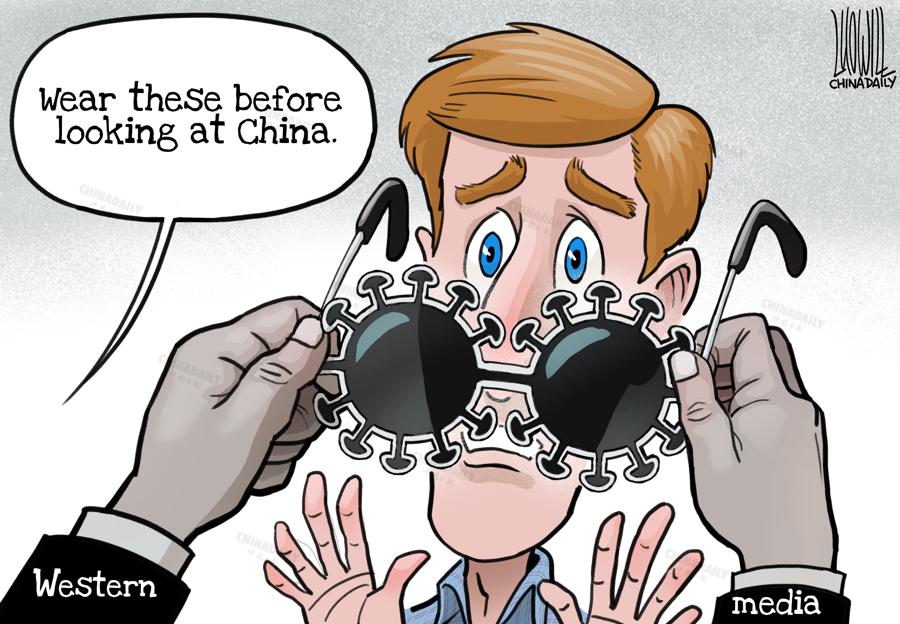
Photo: China Daily
Were it not for former Australian prime minister Paul Keating's lambasting of the stories carried on the front pages of the Sydney Morning Herald and The Age on Tuesday, which urge Australia to prepare for a war with China in three years, the reports would have died a death in that country.
In that sense, the publisher of the two newspapers, Nine Entertainment Company, should give credit to Keating, even though he condemned the reports for being "the most egregious and provocative news presentation of any newspaper" he has witnessed in over 50 years of active public life.
"It is way worse than the illustrated sampans shown to be coming from China in the build-up to the war in Vietnam in the 1960s," he said.
The reports were published to hype up a "China threat" so as to foster a public opinion atmosphere in Australia conducive to advancing the country's nuclear submarine cooperation with the United States and the United Kingdom, which is expected to be a key topic during Australian Prime Minister Anthony Albanese's visit to the US later this week, and also a hot potato his pro-US predecessor passed to him.
That explains why the two reports are devoid of any objectivity, lacking any voices critical of Australia's blind following of the US' strategy to contain China. Although media organizations are entitled to have their own views, quality reports are based on extensive interviews of different interest groups.
Tory Maguire, executive editor of the Sydney Morning Herald, accused Keating of indulging "in personal slurs against the journalists at the Sydney Morning Herald and The Age instead of engaging in the substance of their reporting".Yet Keating did nothing but point out the problems with the reports as well as the possible dire consequences.
If Maguire and her colleagues continue to dilute "the substance of their reporting" with such bias, they are cheating their readers and the nation.


